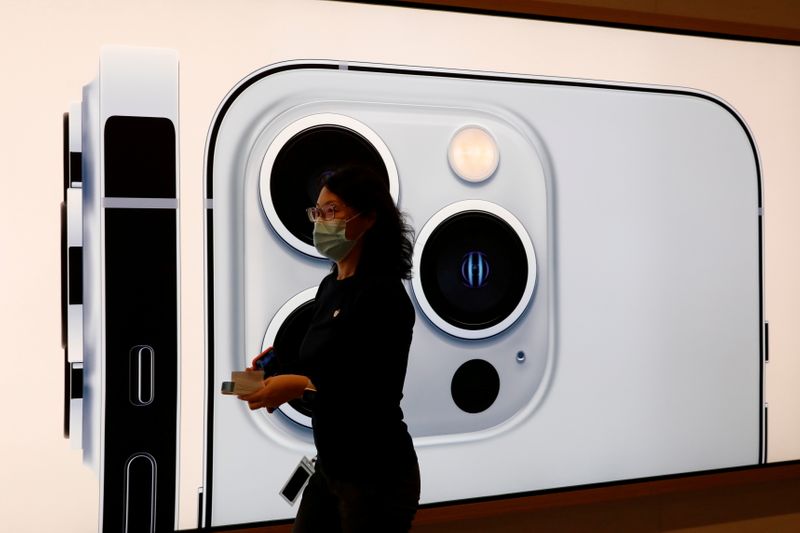- Apple (NASDAQ:AAPL) is continuing its trend toward locking down its ecosystem and is centralizing GameFi and NFTs.
- Developers can now implement crypto and NFTs into their GameFi projects, but there are severe limitations.
- Any secondary NFT functionality must be disabled and all purchases must be made through the Apple Store, subject to a 30% fee.
Apple published numerous changes to their App Store’s review guidelines as they shed light and offered some insights into how apps that offer cryptocurrencies and non-fungible tokens (NFTs) can operate, based on the update report October 24, 2022.
GameFi Developers Finally Have Some Light on How the App Store Sees Crypto
Apple released the App Store Review Guideline 3.11, which aims to showcase to developers what they can and cannot do in the store when using crypto-related products or services.
Developers can now use in-app purchases to sell their NFTs and offer NFT services, such as minting, listing, and transferring.
However, any sales and purchases are still subject to the Apple Tax, which sees Apple takes a cut of 30% upon each purchase. Previously, DailyCoin covered the outrage after Apple imposed the 30% fee on NFT sales.
Games cannot use other purchase methods that redirect users to different websites or apps. Any premium NFT functionality in-game can only be unlocked through an in-app purchase, not while using the NFTs directly.
This just means that anyone trying to compete with Apple regarding primary or secondary NFT purchases is left out.
Any apps or games that feature blockchain technology can’t use their own mechanism to unlock content or functionality, where the updated terms cited license keys, augmented reality markers, QR codes, cryptocurrencies, and wallets. Apple has to be able to control and track any purchase made and essentially take their cut from it.
Collectors that want to showcase their collections, however, do not need to worry too much, as NFT collections can still be showcased and viewed by others. This assumes that they do not include buttons, external links, or any other type of call-to-action that might redirect customers to purchasing mechanisms outside of the in-app purchases.
Licensed exchanges can still facilitate crypto transmissions, resulting in much more convenient sales of any listed GameFi-related tokens, assuming that they are offered only within countries and regions in the world where the app has the proper licensing and permission to provide the services.
Why You Should Care
- Apple has involved itself in crypto, aiming to get a share of an otherwise decentralized market and capitalize on customer information because they can track purchases and transfers made in the store.
- The guidelines go against the decentralized potential of cryptocurrencies and NFTs, as they are entering a centralized platform controlled by a central authority and can be tracked and deleted at any point in time, resulting in censorship and the banning of specific functions.
Why You Should Care
Apple’s App Store is one of the most popular virtual stores globally. Through the addition of GameFi projects and NFTs, more people than ever before will gain access to this portion of the crypto space, while projects might also get a boost in popularity as a result of the update.
However, numerous restrictions are disadvantageous for NFTs and GameFi projects, as they are all subject to the 30% Apple Tax and all of their payment-related functionalities and features are locked behind the App Store’s paywall, as they cannot be activated unless done so directly in-store. Apple is centralizing NFTs and GameFi projects and is putting put a barrier for developers that was not present before within the decentralized space.
Discover the good side of crypto regulation:
Crypto Industry More Attractive to Investors Due to Regulatory Action
Learn more about Animoca Brands and REVV Motorsport’s Play to Earn (P2E) title, MotoGP Ignition:
Animoca’s MotoGP Ignition Latest Updates: Development Progress and New Reward Mechanism
